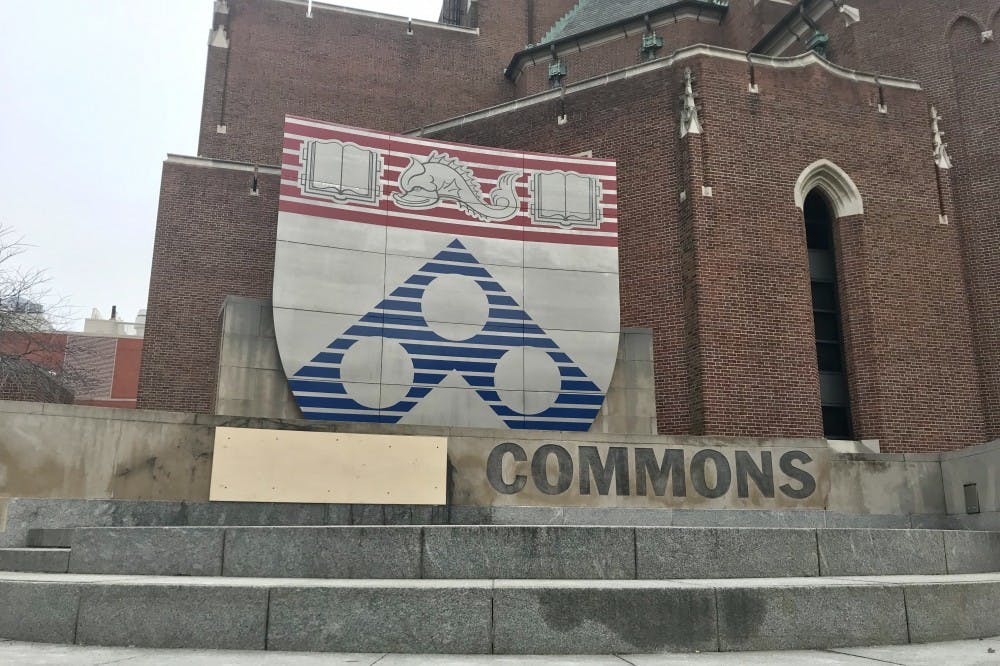The following email was sent to the Penn community on February 1, 2018.
A Message to the Penn Community
from
David L. Cohen, Chair, Penn Board of Trustees
Amy Gutmann, President
Late last week, multiple credible reports emerged in the national press detailing pervasive and decades-long acts of sexual harassment and intimidation by Steve Wynn, former Penn Trustee and College alumnus. The nature, severity, and extent of these allegations, and the patterns of abusive behavior they describe, involve acts and conduct that are inimical to the core values of our University.
While Mr. Wynn has denied the allegations, the reputational impact of what has been reported is so significant that Mr. Wynn resigned from his position as finance chairman for the Republican National Committee. Further, the board of directors of Wynn Resorts has formed a special committee to investigate the allegations of sexual misconduct made against him. And gaming regulators in both Nevada and Massachusetts are also investigating.
In the wake of the substantive and detailed press reports, and of consequent actions by fiduciary and regulatory bodies, we felt it was imperative to examine Mr. Wynn’s recognized presence on Penn’s campus. We hold as a sacred commitment our responsibilities of stewardship of our University’s reputation. As chair of the Trustees and president of the University, we have a leadership responsibility and must always think and act on behalf of what is best for Penn and our core values. Perhaps nowhere is the need for clarity of purpose and action more important than in matters with such potential impact on the ethos of our society and our University community.
To that end, we convened a small group composed of trustees, alumni, deans, and faculty who deliberated carefully on the nature of the charges made against Mr. Wynn and the correct course of action the University should take in response. That group made recommendations to the Executive Committee of the Board of Trustees, which unanimously accepted them on behalf of the Board, and which will result in the following immediate actions.
First, we will remove the name Wynn Commons, named for Mr. Wynn, from the centrally located outdoor plaza bounded by Houston Hall, Claudia Cohen Hall, College Hall, and Irvine Auditorium. Second, Mr. Wynn’s name will be removed from a scholarship fund established by a donation from him. The scholarships will continue to be awarded. Third, we will revoke Mr. Wynn’s honorary degree.
At the same time we are taking these actions, we will also revoke the honorary degree awarded to Bill Cosby, who has similarly been accused by multiple parties of sexual assault.
It has been a century since the University of Pennsylvania last revoked an honorary degree, and we do not take that decision – or the decision to remove Mr. Wynn’s name from the Commons and from the scholarship fund he created – lightly. We view these as extraordinary and essentially unique circumstances that call for an immediate, decisive, and clearly ethical response. The decision to remove the name Wynn Commons could not be made independently of considering the other ways in which the University had previously recognized Mr. Wynn. It became necessary, therefore, to consider the appropriateness of Mr. Wynn’s honorary degree and any other honorifics Penn had previously bestowed. Upon careful consideration, when it became clear that the Wynn name should be removed from visible public recognition on Penn’s physical campus, it was no less incumbent on the Trustees to remove that name from the roster of those holding the University’s highest symbolic honor. That decision in turn made it also clear that the multiple and highly credible charges involving Bill Cosby warranted the same action.
Our nation is currently undergoing a profound reckoning regarding the role and extent of sexual misconduct in all areas of our society. It is incumbent on all of us to address these issues wherever and whenever we find that they affect our extended community. As a University, we have always been, and will always continue to be, looked to by our alumni and neighbors, our faculty, and most of all by our students, for moral leadership. We must not – we cannot – fail to provide it.



